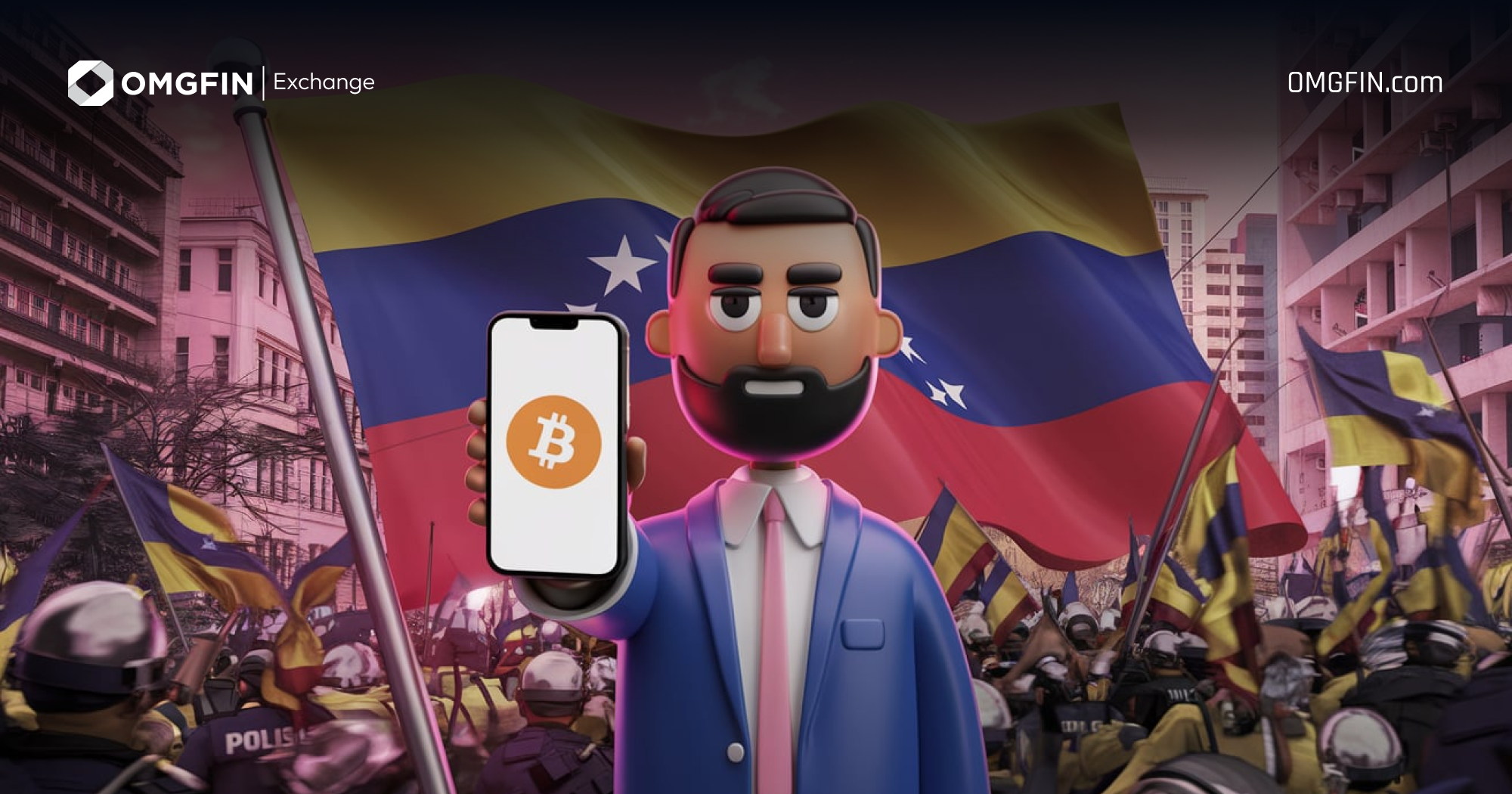Venezuela’s Bitcoin Reserve Proposal Amid Political Turmoil
Print
Modified on: Fri, 27 Sep, 2024 at 11:24 PM
Explore Venezuela's potential Bitcoin reserve plan amidst political challenges, shedding light on the impacts of incorporating cryptocurrency in a nation's financial reserves.

Venezuela has recently captured the spotlight in the cryptocurrency and blockchain world with an intriguing proposal related to Bitcoin. Opposition leader María Corina Machado has put forth a plan to include Bitcoin in the country's national reserves, introducing a novel approach to bolstering the nation's economy. This proposal comes against the backdrop of Venezuela's ongoing political turbulence, raising questions about the viability and implications of such a move.
María Corina Machado's advocacy for integrating Bitcoin into Venezuela's reserves has resonated with both Venezuelans and supporters of the leading cryptocurrency worldwide. Recognizing how Venezuelans turned to Bitcoin as a lifeline during hyperinflation, Machado sees Bitcoin not just as a financial asset but as a strategic tool of resistance. Despite the potential benefits this proposal could offer in terms of economic stabilization, there are concerns about its practical implementation and whether it might be more of a political maneuver than a genuine solution.
Various experts and figures within Venezuela's crypto community have weighed in on the proposal, highlighting both its advantages and potential pitfalls. Advocates like Ernesto Contreras emphasize how Bitcoin's decentralized nature can diversify and modernize a nation's reserves, especially vital in economies ravaged by inflation and financial isolation. Others, such as Anibal Garrido, underscore Bitcoin's sound money principles and long-term appreciation potential, positioning it favorably as a reserve asset.
Adding Bitcoin to a country's reserves is not merely an economic decision but also a strategic one, as observed by Ezio Rojas. The inclusion of Bitcoin in Venezuela's reserves could shield national assets from political disputes and offer a level of transparency and security unattainable with traditional assets like gold. Such a move could also help restore trust in state institutions by enabling audits and real-time oversight of public funds, crucial factors in rebuilding confidence in governance structures.
However, the feasibility and impact of incorporating Bitcoin into Venezuela's reserves cannot be divorced from the country's complex political landscape. Venezuela's recent election controversies, allegations of fraud, and international disputes over government legitimacy present significant hurdles to any swift adoption of Bitcoin as a reserve asset. The Maduro regime's grip on power, coupled with ongoing economic challenges, underscores the need for political stability as a prerequisite for any meaningful Bitcoin initiatives.
While Bitcoin holds promise as a potential tool for combating inflation and enhancing financial transparency, it is not a panacea for deep-rooted economic and governance issues. Venezuela's history of hyperinflation and economic mismanagement underscores the need for broader structural reforms beyond just incorporating Bitcoin into national reserves. Central to this approach is fiscal discipline, transparency, and addressing systemic issues that have plagued the country for years.
In conclusion, Venezuela's exploration of including Bitcoin in its reserves signifies a bold step towards embracing cryptocurrency in a challenging economic and political environment. The proposal reflects a growing recognition of Bitcoin's utility in diversifying reserves and fostering financial autonomy. However, the success of such a move hinges on addressing broader governance issues, ensuring political stability, and enacting comprehensive economic reforms that go beyond merely adding Bitcoin to national reserves.
(Daniel Ramirez-Escudero, Cointelegraph, 2024)
Did you find it helpful?
Yes
No
Send feedback Sorry we couldn't be helpful. Help us improve this article with your feedback.
